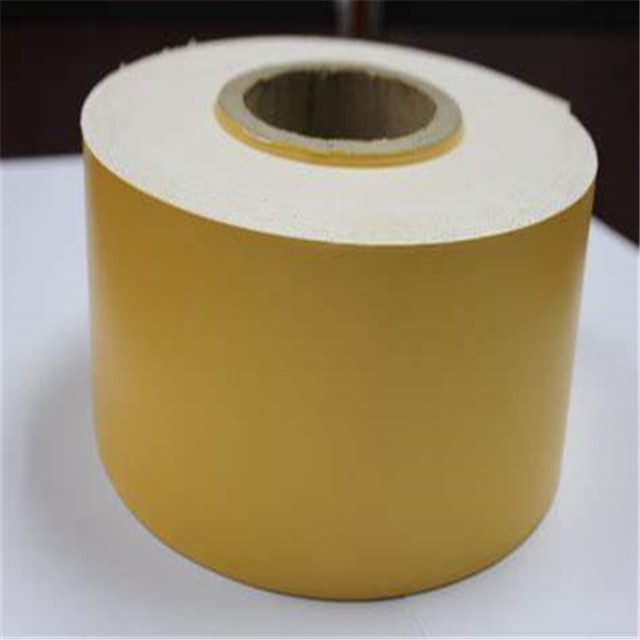- March 15,2023
Australia shows that plain tobacco packaging significantly cuts smoking
Australia became the first country in the world to introduce standardised packaging for tobacco products at the end of 2012, and previous studies have shown that the policy has coincided with the country’s biggest fall in smoking rates in decades.
In the UK, the Government is consulting on whether to introduce plain packs, but has been accused of stalling over the introduction of the policy, which was first mooted three years ago.
Tobacco manufacturers have fought hard to prevent the policy entering into law. As in Australia, the industry has consistently claimed that plain packs would lead to a boom for black market sales of potentially harmful illicit cigarettes, and would also harm small retailers.
However, according to the results of a three-year survey of 2,000 smokers in Australia, carried out before, during and after the change of the law, researchers said that none of the tobacco industry’s dire predictions had been accurate.
Researchers from Melbourne’s Centre for Behavioural Research in Cancer found that the proportion of smokers buying illicit, unbranded tobacco remained very low, and had in fact decreased slightly, from 2.3 per cent in 2011 to 1.9 per cent in 2013. The proportion of smokers buying low-cost tobacco sourced from Asia was similarly low and unchanged, falling slightly from 1.1 per cent in 2011 to 0.9 per cent in 2013.
Nor did smokers switch from small retailers to big supermarkets. The proportion who bought their tobacco from supermarkets was up just 0.3 per cent to 65.7 per cent, while the number of smokers who bought tobacco from small independent stores rose from nine per cent to 11 per cent between 2011 and 2013.
The study is published in the online journal BMJ Open today.
Amanda Sandford, research manager at the UK charity Action on Smoking and Health (ASH) told The Independent that the findings were “further proof that the tobacco industry’s assertions about the impact of standardised packaging are false”.
“The evidence to support standardised packaging on health grounds is already well established and now we have evidence that the measure does not boost illegal trade or have a negative impact on retailers either,” she said. “If politicians had any lingering doubts about the economic impact of standardised packs they should now be reassured by this study.”
The success of the policy in Australia, where the daily smoking rate fell by 15 per cent between 2010 and December 2013, has been instrumental in convincing the Government to finally push through plans for standardised packs in the UK.
Smoking remains the biggest cause of preventable death in the UK, killing around 100,000 people every year through its links to cancers, heart disease and respiratory illness.
The tobacco industry has funded at least 11 reports into standardised packaging. The most recent, carried out by consulting firm KPMG, claimed that since the introduction of standardised packs, the illicit trade in tobacco in Australia had increased by 20 per cent, at a cost to the government of AUS$1bn in lost taxes.
Responding to the BMJ Open study, a spokesperson for the Tobacco Manufacturers’ Association said: “The comprehensive KPMG report published earlier this year, clearly shows a significant increase in illicit tobacco across Australia since the implementation of plain packaging.
"The limited telephone survey published in the BMJ only covers one Australian state and does not provide a statistically robust assessment of the impact on the illicit market and retail trade.”








